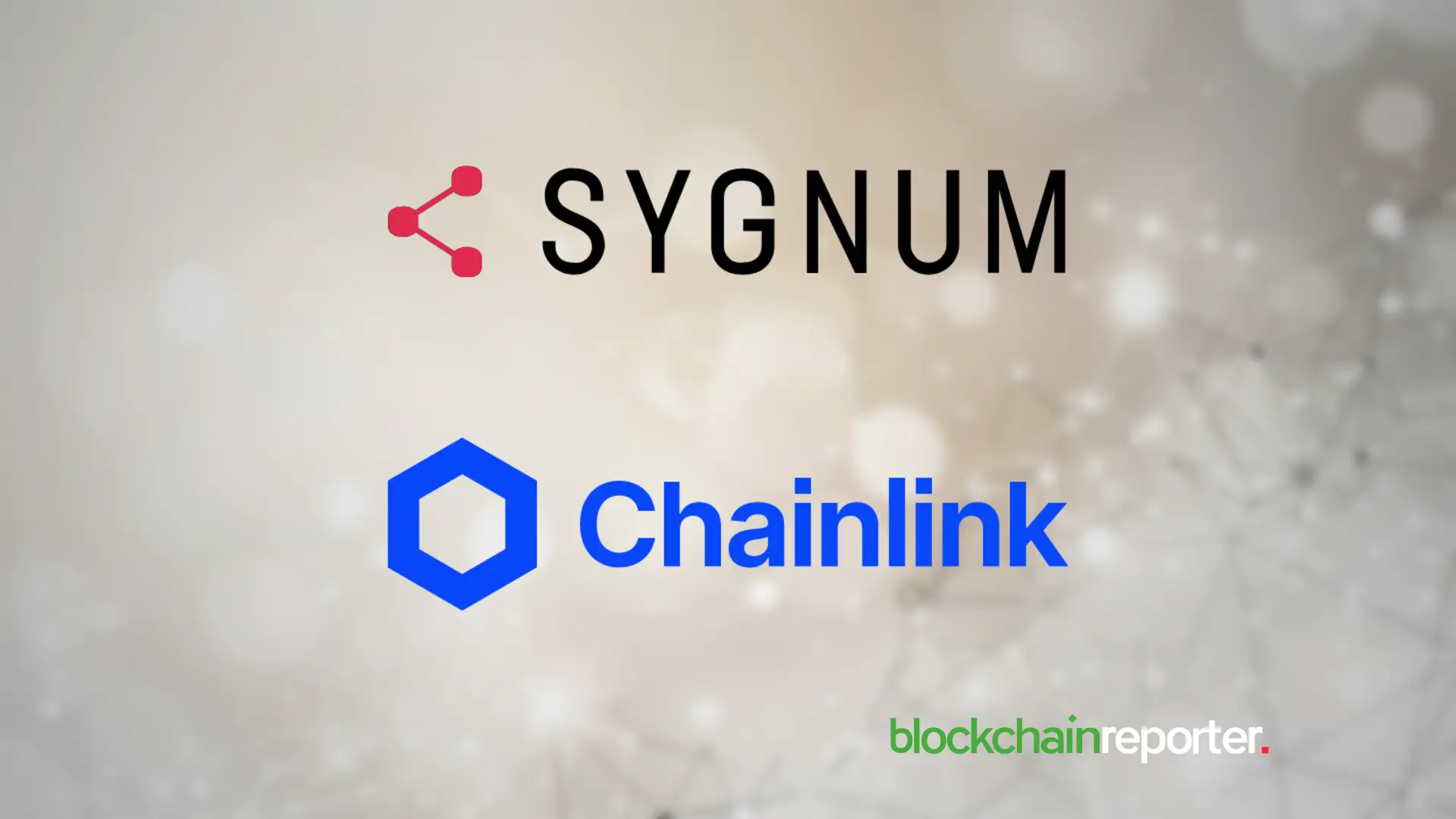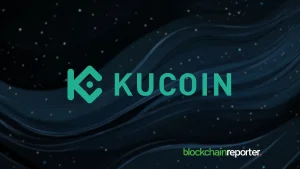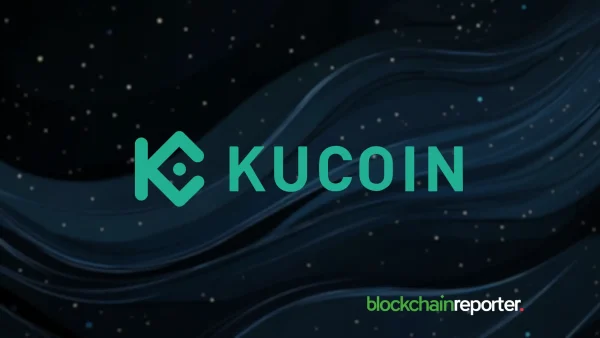
In a recent development that blurs the lines between traditional finance and blockchain technology, Sygnum and Fidelity International, in collaboration with Chainlink, have embarked on a groundbreaking initiative to tokenize financial data.
At the Point Zero Forum, the trio announced their partnership aimed at bringing Net Asset Value (NAV) data of Fidelity International’s Institutional Liquidity Fund onto the blockchain. This move is part of a broader strategy to enhance transparency and accessibility in financial services through digital transformation.
Sygnum, known for its pioneering efforts in digital asset banking, has taken a significant step by tokenizing $50 million of Matter Labs’ treasury reserves, held in Fidelity International’s money market fund. This tokenization occurred on the ZKsync blockchain, leveraging Chainlink’s SCALE program to ensure accurate and secure data handling.
This integration not only marks a milestone in the utilization of blockchain for financial activities but also sets a precedent for future digital asset management.
The Impact of Onchain NAV Data and Future Prospects
The introduction of NAV data onchain is a critical advancement for the fund industry. Traditionally, NAV is a cornerstone for assessing fund value and performance, but its transition onto the blockchain via Chainlink’s infrastructure elevates its utility, providing real-time transparency and access to historical data.
This technological integration supports Sygnum’s vision of bridging the gap between decentralized finance (DeFi) and traditional financial operations, thereby enhancing service delivery to clients and market participants across various platforms.
Moreover, the use of Chainlink’s decentralized oracle networks enables this data to be securely and efficiently propagated across any blockchain network, ensuring wide-ranging interoperability and dynamic synchronization of asset data.
The collaboration among Sygnum, Fidelity International, and Chainlink reflects a significant leap towards the realization of a fully integrated onchain financial ecosystem. This initiative not only caters to the current needs of blockchain-native companies but also aligns with the broader market’s shift towards tokenization.







